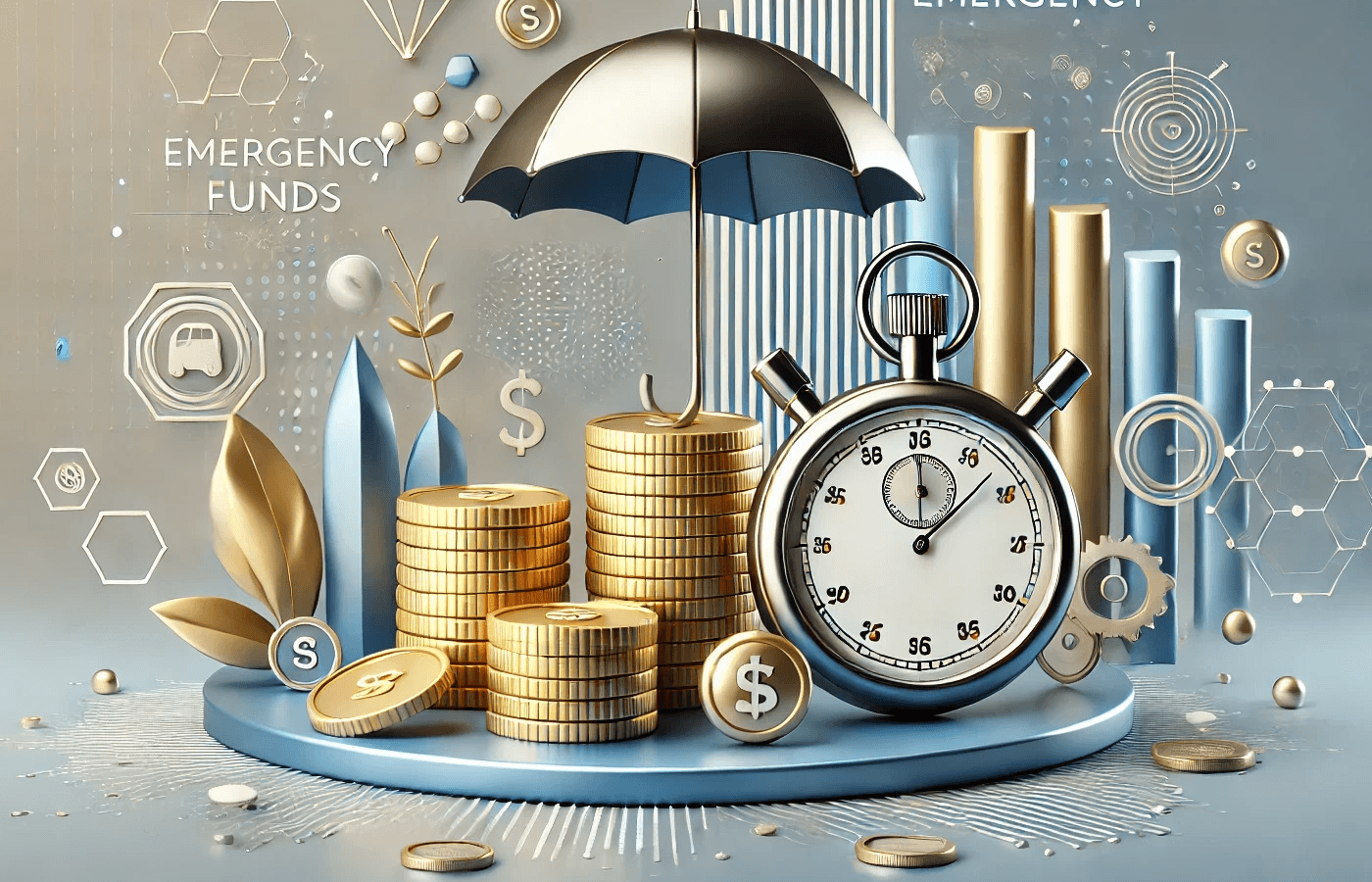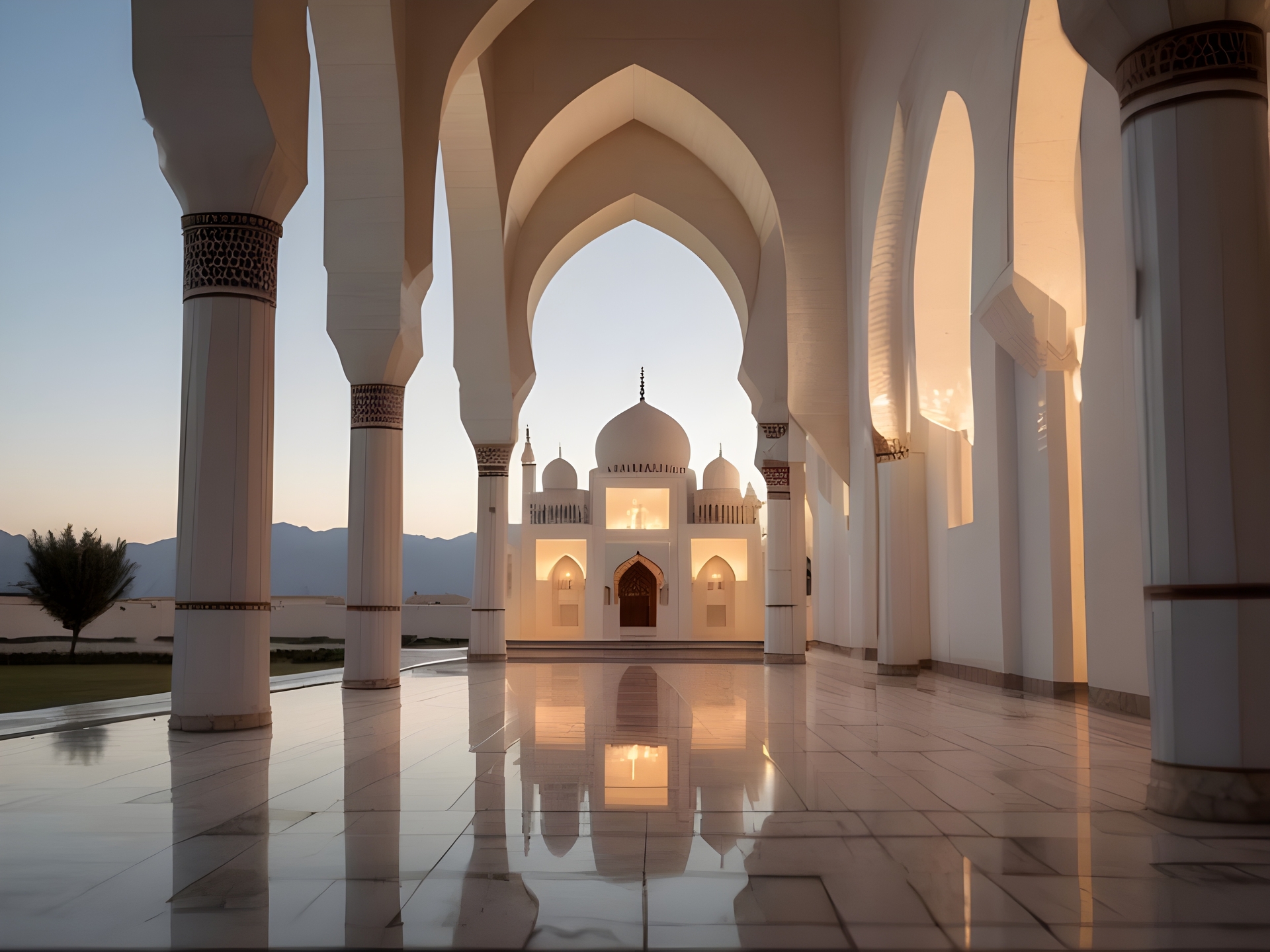Last night I posted this video to Instagram, summarising some of the most common rosacea myths. It revisited an instagram series I did previously, but I know it’s really annoying to scroll back to find specific posts over on there, so I thought I’d collate all of the rosacea myths in one place.

The 12 rosacea myths below are by no means exhaustive, but they are the ones I’ve heard the most over the past 17 years. I’ve tried to link to further reading where relevant and, as always, there are links at the bottom of the page for more rosacea content from me.
It should go without saying but if you are concerned about your skin, it’s always a good idea to speak to a healthcare professional – no matter if you’re brand new to rosacea or if you are years into your journey. Rosacea can have an enormous impact on you so please remember to be kind to yourself.
I also wanted to start this post with my ‘mantra’: You are not your skin. In fact your rosacea is the least interesting thing about you.
“Rosacea is just blushing”
Anyone who believes this has obviously never suffered with rosacea. To an outside observer, mild rosacea may look like simple blushing, but this not only downplays many of the other physical symptoms but also completely ignores the enormous psychological impact of the condition. When I have a flare up, my skin itches, pulses, and burns; my face swells up; my skin becomes textured and mottled; other people can feel the heat radiating from me without even touching me. And that’s before we consider the embarrassment, shame, and self-esteem issues.
Although perpetuating this myth may seem harmless (“I think rosacea is cute! There are worse skin conditions!”), there is a very real impact because it makes it so much harder for people to find the courage to go to their doctor. Every week I hear from sufferers who don’t want to waste a GP’s time, who don’t think their complaint is serious enough, or who feel superficial for being upset by the way their skin looks.
Please believe me when I say that rosacea is a serious, lifelong condition and you are allowed to get help with it. You deserve help with it.
If you are worried about going to your GP about your skin, I put together a free download that you can use for prompts, to prepare before your appointment and also use as a discussion guide in your appointment: HERE.
“Rosacea is caused by alcohol”
Many people with rosacea have been accused – directly or indirectly – of being drunk or having a drinking problem. Our flushed appearance can cause people to make cruel and damaging assumptions: sometimes it’s framed as a hilaaaaarious joke, but I’ve also heard stories of people accused of being drunk at work, when pulled over while driving, while taking care of children… Obviously in those situations, a harmless joke about someone’s drinking habits could have very serious repercussions.
When I decided to do the original ‘rosacea myths’ series on instagram, the main aim was to educate others: so many of the hurtful comments I’ve received about my skin over the years have been down to ignorance rather than unkindness. So for those who don’t know, rosacea can be exacerbated by alcohol (even a sip of champagne sends my skin loopy!) as it is a very common trigger for many sufferers. But the condition itself is not caused by alcohol and does not reflect how much a person drinks.
“Triggers are universal”
The one thing I repeat the most often in conversations about rosacea is that it’s so individual. My skin might look totally different to yours. What works for me skincare-wise might not work for you. And the same thing that triggers a flare up for me might be absolutely no problem for you. Unfortunately this is the nature of rosacea, and it’s one of the things that makes it so frustrating and hard to deal with. It would be wonderful if we had a list of things that we should all avoid, and another list of things that would definitely soothe and calm our skin.
But until then all we can do is work in generalisations. Research conducted by the National Rosacea Society has found the most common triggers (which include sun exposure, emotional stress, and hot weather), but even these common issues won’t apply to every person. It can be easy to see a list of ‘rosacea triggers’ and assume every one will apply to you, but this is a very common rosacea myth.
I have a free trigger checklist download HERE if you need some help identifying your individual triggers, as well as some tips on how to find and reduce triggers.
“Rosacea is the same as acne”
I have heard from so many people that they either misdiagnosed their own rosacea, or (even worse) were misdiagnosed by a professional. The way we treat acne and rosacea is very different so it’s important that you know the difference in order to look after your skin properly.
I spoke to Consultant Dermatologist Dr Anjali Mahto about this topic and she pointed out that “many of the ingredients used for acne treatment (salicylic acid, vitamin A, exfoliators) can cause irritation of rosacea-prone skin, resulting in dryness, sensitivity, and worsening of redness.”
So what is the difference between rosacea and acne? And why are they often confused, forming the basis of this very widespread rosacea myth? Sometimes, rosacea type 2 is called ‘acne rosacea’, because it presents with papules and pustules, which muddies the waters slightly (I don’t like to use this term for that reason). Dr Mahto tried to simplify it for me: “If your skin is prone to redness or flushing, you rarely get blackheads, your skin is sensitive, and you get papules and pustules but they do not affect the back or chest, this is more suggestive of rosacea rather than acne.” It’s definitely worth checking in with your GP/dermatologist to be sure.
“Rosacea only affects people aged 35+”
This is an example of a myth that started because of generalisations based in statistics. It’s more common that people develop rosacea aged 35+, but this doesn’t mean people under that age cannot develop rosacea. I was 18 when my rosacea first started, but I wasn’t diagnosed until 21, and I consider myself very lucky that my doctor didn’t dismiss or misdiagnose me due to my age. I’ve heard from so many people over the years who were told they were far too young to have rosacea. This delay in diagnosis can be devastating and dangerous and have both a physical and psychological impact.
Some of the myths in this posts are annoying assumptions that other people make based on appearances, but sadly this myth can be perpetuated by medical professionals which has serious real-world implications.
“Rosacea only affects white people”
Although rosacea is more common in people with light skin tones, research confirms that people of colour can also develop rosacea. I’ve had conversations with people whose concerns have been dismissed without examination due to their skin tone, or their symptoms missed completely. But just because symptoms are harder to spot, it doesn’t mean they are not there.
According to the Black Skin Directory, markers of rosacea in darker skin include: burning or stinging of facial skin, the face feeling warm all the time, unidentified discolouration, dry, swollen patches of skin, and acne-like spots that do not clear up with treatment. I wrote a whole post on rosacea in skin of colour if you would like more information: HERE.
“Rosacea is contagious”
“Is that a rash?”
“Make sure you wash your hands after touching her”
“Can I catch that?”
“Is it safe for me to touch you?”
All of the sentences above are comments my followers have shared with me. Things they have either overheard people saying about them, or have had people say to them.
The short and only necessary answer to this myth is no. Rosacea is not contagious. I’m sure people get a bit tired of me going on about representation and rosacea awareness, but this demonstrates why it is so necessary. Education is so important, even if it only means we have to hear fewer ignorant and hurtful comments like these.
“Rosacea is triggered by caffeine”
This is a very common myth and one that even resulted in me giving up coffee for a few (very bleak) months many years ago! However, research has actually shown that it’s not the caffeine that causes a flare up, but the heat of the beverage. The study found that room temperature drinks caused no flushing reactions. Obviously (as I keep saying!) everyone is different, as are their triggers, but the average person with rosacea likely won’t have an issue with caffeine. There’s even a study that claims that coffee might be linked to a decreased rosacea risk. So, tomorrow morning, enjoy that cup of coffee guilt-free!
“Rosacea is caused by bad hygiene”
If I had a pound for every time I’ve had unsolicited advice about my skin related to cleanliness, I could pay a skywriter to fly directly above me 24 hours a day, spelling out ‘YOU ARE TALKING UTTER TRIPE’ in enormous letters. Advice like:
‘You really need to make sure you’re washing your face properly…’
‘Are you changing your pillowcases enough?’
‘If you stop touching your face, it’ll clear up…’
Rosacea requires multiple actions and lifestyle changes, alongside daily adaptions in behaviour to keep it under control. Although cleanliness is – of course – important for all skin types (and especially when the skin barrier is compromised), your rosacea was not caused by you being unclean and its ongoing visibility on your face is not a reason for ignorant people to comment on your perceived cleanliness.
“Rosacea always progresses through the subtypes”
If you don’t know what the rosacea subtypes are, there’s a post HERE that covers it in detail.
Over the years I’ve had so many panicked messages from people who have been diagnosed with rosacea type 1 or 2 and are petrified that this means they’ll definitely end up developing ocular rosacea, rhinophyma, or even neurogenic rosacea. I think this myth comes from people referring to subtypes as ‘stages’ which implies escalation. A rosacea diagnosis can be scary enough without the added stress of incorrect assumptions, which is why it’s so important to debunk these rosacea myths!
Please remember that a diagnosis of one subtype of rosacea is not necessarily a stepping-stone on the way to other subtypes. Rosacea can change over time – it’s considered to be a progressive condition if left untreated, but the subtypes are not to be looked at like a road map.
“Rosacea is made worse by make-up”
I’ve been told so many times that my rosacea would ‘clear up’ if I stopped wearing make-up. Putting aside the complete lack of understanding of rosacea shown in that comment, there is no indication that make-up will cause rosacea to worsen.
Obviously you should be careful with the make-up you choose to put on your skin, and especially careful with the way that you remove it, but if you want to wear make-up (for whatever reason you choose!) you should be allowed to do that without unsolicited – and often misinformed – advice. I interviewed Consultant Dermatologist Anjali Mahto about this topic for a Refinery 29 article last year: “Many people with rosacea find mineral-based [make-up] products suit their skin better, causing less irritation. Wearing a green-tinted primer under your makeup base can help neutralise redness, resulting in less overall foundation or concealer being required. If wearing makeup gives you more confidence, then there is no reason it can’t be worn, but bear in mind that makeup removal is key. For some, removing thick or long-wear make-up requires either multiple cleanses or more astringent products which may make redness worse during the cleansing process.”
“Rosacea can’t be treated”
This is probably the biggest of the rosacea myths so I wanted to end on this. I think when people find out that rosacea has no cure, they take that to mean that nothing can be done to minimise its effects. And I know exactly how that feels because 17 years ago, that was me. I had been told by a completely disinterested GP that I had rosacea and I was left with not much else. I felt powerless, defeated, and totally alone.
I think it’s really important to find acceptance in your diagnosis, but it is also important to find strength in the knowledge that there are ways to minimise its impact on you. Trigger management, lowering stress, in some cases medication… there are so many different ways that you can take back control.
Please don’t lose faith. You don’t have to feel lost or alone. There are millions of us here with you, and we are the proof that things aren’t as hopeless as they may seem.
I hope you found this post useful.
Please help this blog continue to provide free-to-read content. Access to my content (and everything I’ve shared over the past 10 years) is free, but to continue to see more posts like this (both for the benefit of you and the benefit of others), please support the site through my Ko-Fi link below.
NEXT STEPS
== SHARE TO PINTEREST TO READ LATER ==







